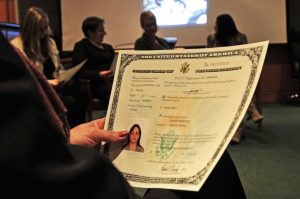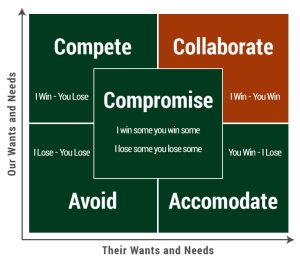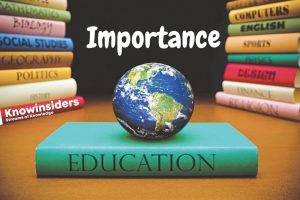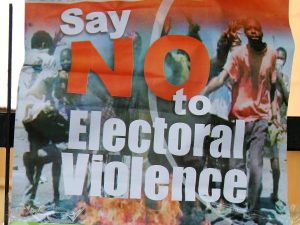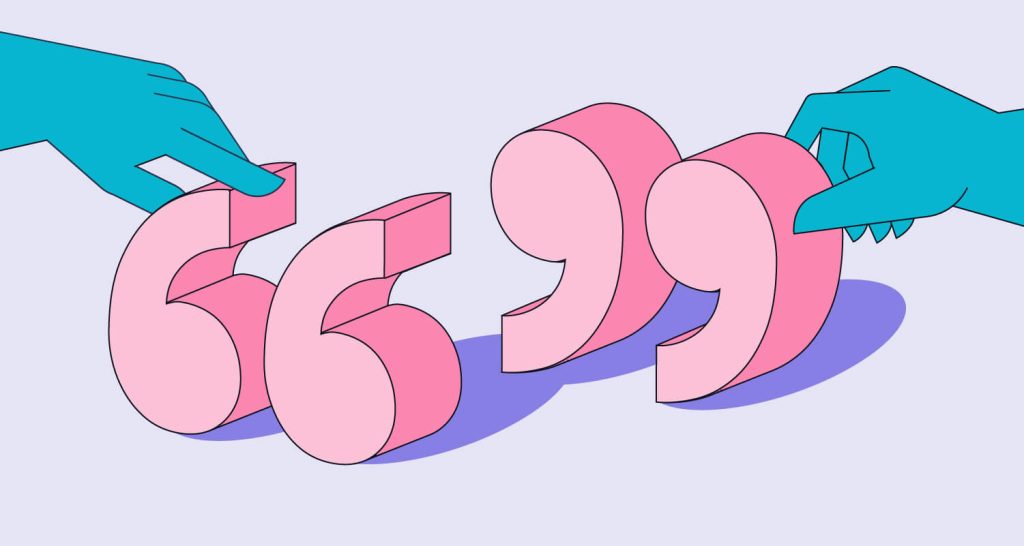
What is Plagiarism…?

Plagiarism is often seen as a copy work of another person as if it were original work. As it has been posted earlier in this discourse we are inextricably tied to other authors’s knowledge, opinion or ideal express and documented in the past. We are at liberty to brings our thoughts with the author’s or writers opinion along those lines. When we do so, we create and establish a relationship with the author and his source.
This is not seen as criminal act as such mutual cross-fertilization of ideals brings ideas and opinions for healthy competition of an academic environment necessary for growth and development of knowledge.
However, it’s seen as criminal act, if not properly documented as a result of failure to make relationship between the author views and his source.
When an author does this either by omission or commission, he or she loses reputation and credibility in a scholarly community.
The underlying consequences of plagiarism as a result of exact words or opinion of the author or writers, lead to punishment as a law breaker.
This act of plagiarism is against the law and has led to many celebrated law suits.
The act is also seen as both illegal and unethical.
In order not to be a victim, we have to be sure and be free from Plagiarism and endeavor to properly documents source from which ever way we got it or drawn from ideas, information and opinions which can be gotten from magazines, textbooks, newspaper, outlets, website e.t.c.
To this extent, MLA documentation requires that precise page references be given for all ideas, opinion, contribution and information from a source(except for common knowledge). Author’s and page references are supported by complete bibliographic citations.
Here are the require rules to avoid plagiarism.
1.Direct quotation should be in inverted commas.
2. Paraphrase of ideas and opinions are to be used with caution.
3. Summarize ideas from different sources to be free from Plagiarism.
Also noted that mere fact that you have presented an author’s ideas and opinions in paraphrase does not stop you from properly documentation.
Improper quotation is another way of getting into problems when one has use the work of another authors. If you must observe quotations, then you have to follow the rules below:
1.When you observe error in spelling, do not correct it rather use “sic” after the mispelt words.
2. Do not distort the tone of the original material by quoting too little.
3. Do not confuse meaning by quoting out of context.
4. Do not write misleading introduction of a quotation to quoted passage.
5. Weave Quoted passage smoothly into sentences and without grammatical error.
In summary, plagiarism is the copying of the work of another person, publish it as if it is your own.
Plagiarism is against the law and often see as offence to humanity.
Individual or groups of person or organization who tends to be an author, writer, blogger, journalist are to create or gives out unique content rather than a copy work from others.
